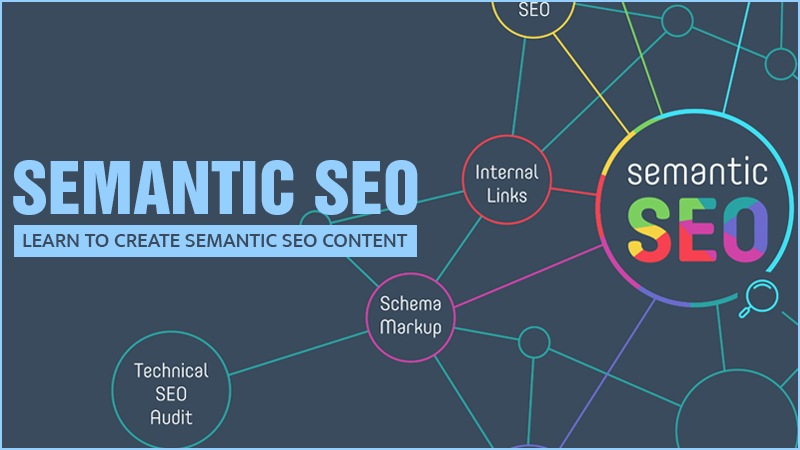Understanding the power of semantics is like possessing a magical key to open the chest of search engine optimization (SEO), which is a treasure trove of opportunities for websites in the broad digital world where they compete for exposure and popularity. That are a complex topic, and this 3,000-word piece explores their importance, effects, and how they may completely change your SEO approach. So let’s go out on this adventure to explore the magical realm of it.
Table of Contents
Knowledge of Semantics
Semantics is the study of meaning in language and is used in relation to SEO. It all comes down to figuring out what the words in search searches and content mean. We can close the gap between what consumers want and what our websites provide by understanding it.
The Advancement of SEO
Since the early days of keyword stuffing and link farms, SEO has advanced significantly. Search engines like Google have changed throughout time to put more emphasis on user intent and content context. In this progression, that is crucial.
Comparing keywords and semantic keywords
In the past, SEO was thought to mean stuffing material with of keywords. Semantic keywords, which are allied terms and expressions that transmit the same meaning as the main keyword, are now important. The landscape of SEO has changed due to this change.
Semantics’ Influence on Content Creation
That may take effective content generation, which is at the core of SEO, to new heights.
Making Content That Is User-Centric
You may produce content that actually meets the demands of your audience when you comprehend the semantics of a certain subject. This user-centered strategy pleases search engines as well as readers.
Rankings and Semantic SEO
Websites that efficiently employ semantics are rewarded by search engines. You may raise the position of your website in search engine results pages (SERPs) by writing content that is in line with semantic keywords and user intent.
The Ultimate Guide to Semantic SEO
Let’s explore semantic SEO in more detail now and learn about the tactics that can change the SEO landscape for your website.
Research on Semantic Keywords
Research semantic keywords thoroughly before start. Choose terms and phrases that are relevant to your content and are connected to it. For this process, tools like Google’s Keyword Planner may be quite helpful.
Using semantic keyword optimization
After you’ve chosen your semantic keywords, include them into your article naturally. Always use them organically to improve the flow and meaning of your material rather than jamming them in.
Markup for Structured Data
The use of structured data markup, often known as schema markup, is a potent technique for giving search engines additional information about your material. It aids in the semantic understanding of your material by search engines.
The Semantic Revolution Will Shape SEO’s Future
It will undoubtedly play an increasingly important role in SEO as search engines become more sophisticated.
Speech Recognition and Semantics
Understanding semantics is becoming important as voice search becomes more prevalent. To deliver correct results, voice assistants like Siri and Alexa significantly rely on semantics.
Mobile-First Indexing and Semantic SEO
With mobile-first indexing, Google prioritizes its use of a website’s mobile version when deciding how to rank and index it. Your mobile content must be semantically sound in order to be user-friendly and rich in context.
FAQ’s (Frequently Asked Questions)
What do semantic keywords entail?
Related words and phrases with the same meaning as the main keyword are known as semantic keywords. They assist in making your content’s context and relevancy better.
How do semantics affect search engine results?
Search engines are better able to grasp the context and intent of your content thanks to semantics, which raises your content’s position in the SERPs.
How do you define structured data markup?
Schema markup, sometimes referred to as structured data markup, is code that you add to your website to provide search engines more information about your content.
What connection does semantics have with voice search?
Semantics are essential for voice search since voice assistants need to comprehend the meaning of spoken searches in order to deliver precise results.
Why is indexing for mobile devices initially crucial for semantics?
Google uses the mobile version of a website for ranking when it uses mobile-first indexing. To make your mobile content user-friendly and rich in context, semantics are crucial.
Conclusion
The importance of semantics in SEO cannot be overstated, to sum up. The secret to producing content that appeals to your audience and wows search engines is to do this. Semantics is something you should embrace if you want to see your website rating rise.




